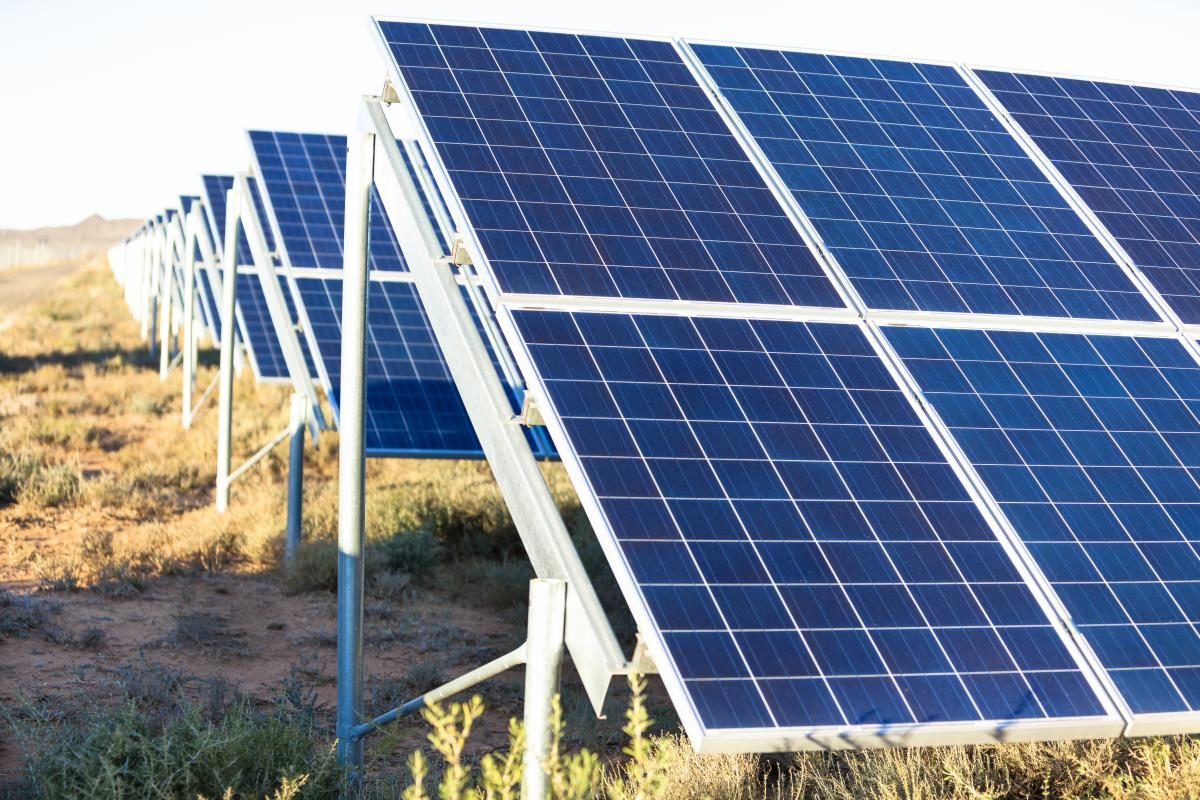The European Bank for Reconstruction and Development (EBRD) and Black Sea Trade and Development Bank are equally sharing a credit facility of €36 million for the 47 MW PV project. This represents around 70% of the €52 million overall project costs.
The debt agreement will be offered under a favorable non-recourse credit facility for the project, which is set for immediate construction and should be operational next year.
As announced in July, Scatec Solar will own 51% of the project, with the Rengy Development Group, which specializes in Eastern European renewable energy projects, holding the remaining shares.
Scatec will provide engineering procurement and construction, operation and maintenance, and asset management services to the solar plant, while Rengy will be responsible for more nuanced local assistance. The latter is one of the largest producers of solar power in Ukraine, having invested in 70 MW worth of projects in the country since its founding in 2009.
When complete, the system shall operate under Ukraine’s 10-year feed-in tariff scheme, and is expected to produce around 58 GWh per annum. Further government support is seen in public land being offered for the project.
Today’s announcement is another instance of Ukrainian energy transition efforts being in full swing. The country set to pass the 1 GW installed solar capacity milestone this year – an optimistic record for the quickly developing former Soviet nation.
2018’s upward solar trajectory in the country can largely be atributed to the FITs, which offer €0.1502/kWh for projects connected to the grid between 2017 and 2019. The tariff scheme is set to stay in operation until 2030.
State-owned utilities are also putting their fingers in the solar pie. The nation’s Naftogas, for instance, is diversifying its operations, having recently announced planned solar parks. Further optimism can be seen in the surge of rooftop solar, which has been catalyzed by the government’s net metering scheme. Installed capacity reached 121 MW in November.
This content is protected by copyright and may not be reused. If you want to cooperate with us and would like to reuse some of our content, please contact: editors@pv-magazine.com.



By submitting this form you agree to pv magazine using your data for the purposes of publishing your comment.
Your personal data will only be disclosed or otherwise transmitted to third parties for the purposes of spam filtering or if this is necessary for technical maintenance of the website. Any other transfer to third parties will not take place unless this is justified on the basis of applicable data protection regulations or if pv magazine is legally obliged to do so.
You may revoke this consent at any time with effect for the future, in which case your personal data will be deleted immediately. Otherwise, your data will be deleted if pv magazine has processed your request or the purpose of data storage is fulfilled.
Further information on data privacy can be found in our Data Protection Policy.